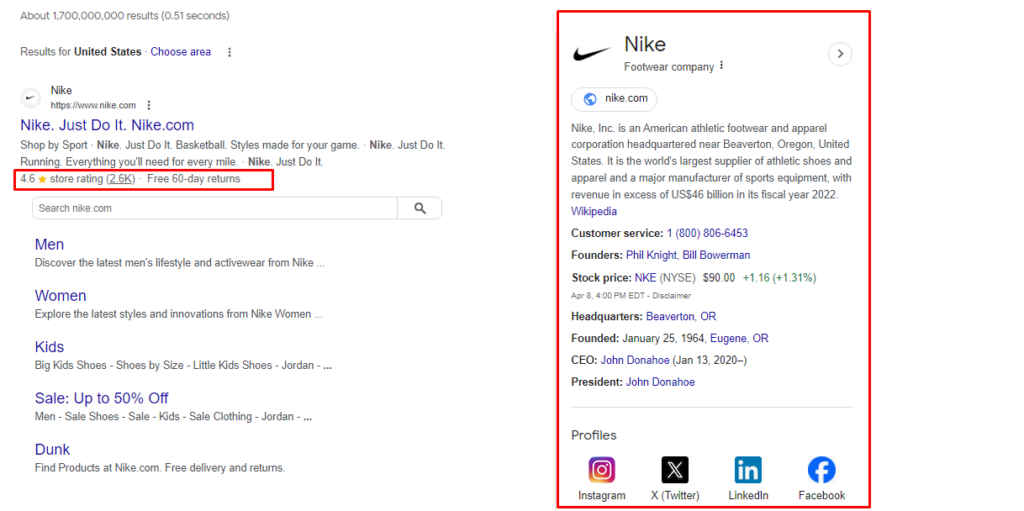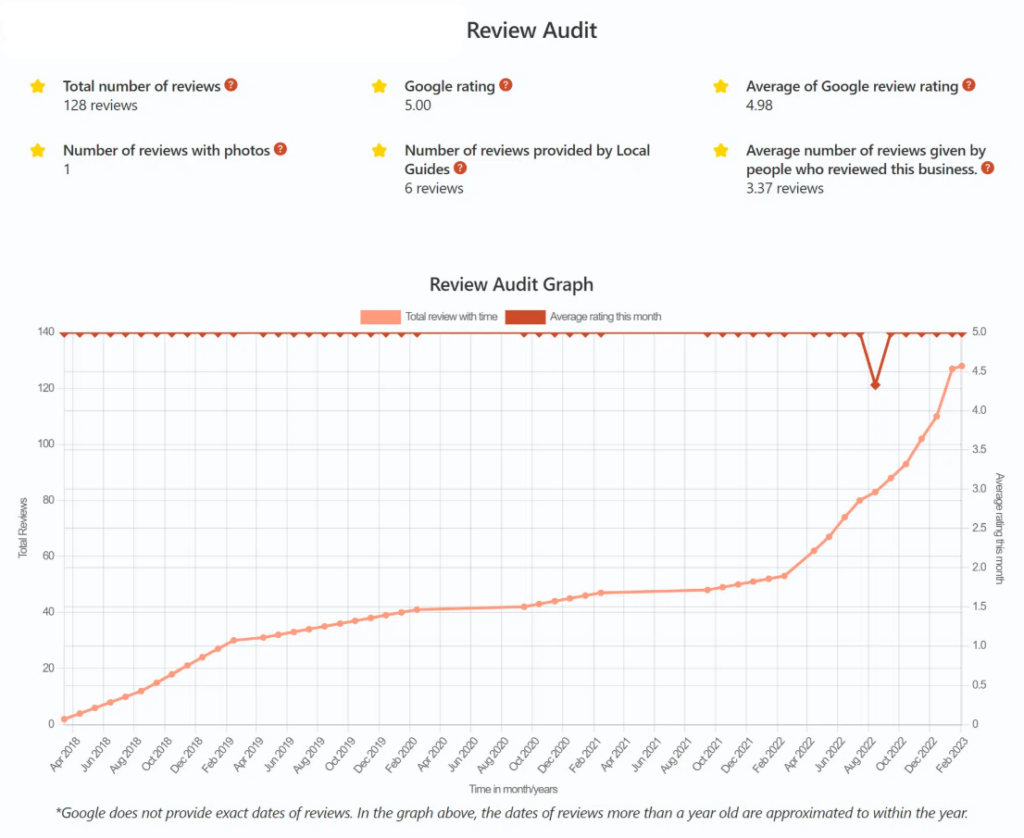Online Reputation of Website
Explanation & Implementation Guide
Explanation
The online reputation of your Shopify website plays a key role in its overall success. It involves elements like social media mentions, online reviews, ratings, SEO practices, and content creation. Actively managing and enhancing your website’s reputation can improve its visibility in search engine results. Search engines take brand sentiment and credibility into account when ranking websites, making it essential to foster a positive online reputation to boost SEO performance.
Implementation Guide
Set Up Google Alerts:
Visit Google Alerts (https://www.google.com/alerts) to create alerts for your website name, brand, and relevant keywords. This way, you’ll be notified whenever your website is mentioned online.

Monitor Social Media Mentions:
Regularly track mentions of your brand on social media platforms. Tools such as Hootsuite or Mention can simplify this monitoring process.
Analyze Online Reviews:
Keep an eye on review platforms like Google My Business, Yelp, or other industry-specific sites. Be sure to engage with and respond to customer reviews.

Evaluate SEO Performance:
Use tools like Google Analytics and Google Search Console to evaluate your website’s SEO performance. Monitor metrics such as organic traffic, keyword rankings, and user engagement.
Fixing the Issue
Respond to Negative Reviews:
Address negative reviews in a professional and empathetic manner. Acknowledge concerns, offer solutions, and demonstrate your commitment to customer satisfaction.

Encourage Positive Reviews:
Prompt happy customers to leave positive reviews on relevant platforms. Make it easy for customers to share their positive experiences with you.

Optimize Content for Positivity:
Create valuable, informative, and positive content that aligns with your brand’s values. Ensure on-page elements and meta tags reflect a positive brand image.
Implement SEO Best Practices:
Ensure that your website follows SEO best practices, including mobile optimization, fast loading times, and relevant content. These elements contribute to a positive user experience.

Diversify Content Channels:
Share positive stories, testimonials, and updates across various platforms, including your website, social media, and industry-related publications.
Monitor and Adapt:
Regularly track your online reputation using tools and adjust strategies based on shifting sentiments. Remain responsive to customer feedback and industry changes.
Regularly Analyze Performance Metrics:
Periodically evaluate performance metrics like increased positive reviews, better SEO rankings, and improved user engagement.

Adjust Strategies Accordingly:
Revise your online reputation management strategies based on results. Focus on maintaining a positive and trustworthy online presence.

Leave a Reply